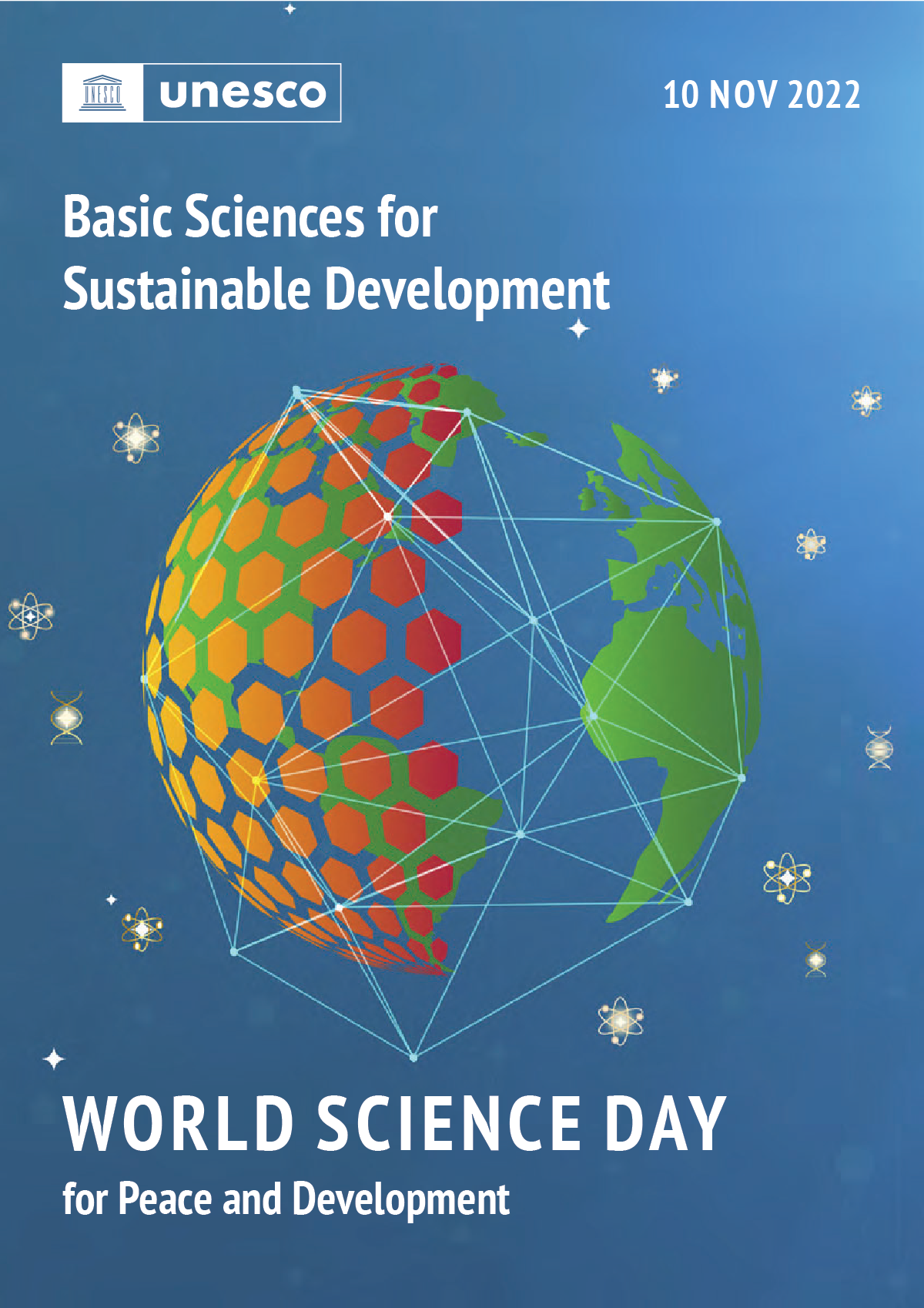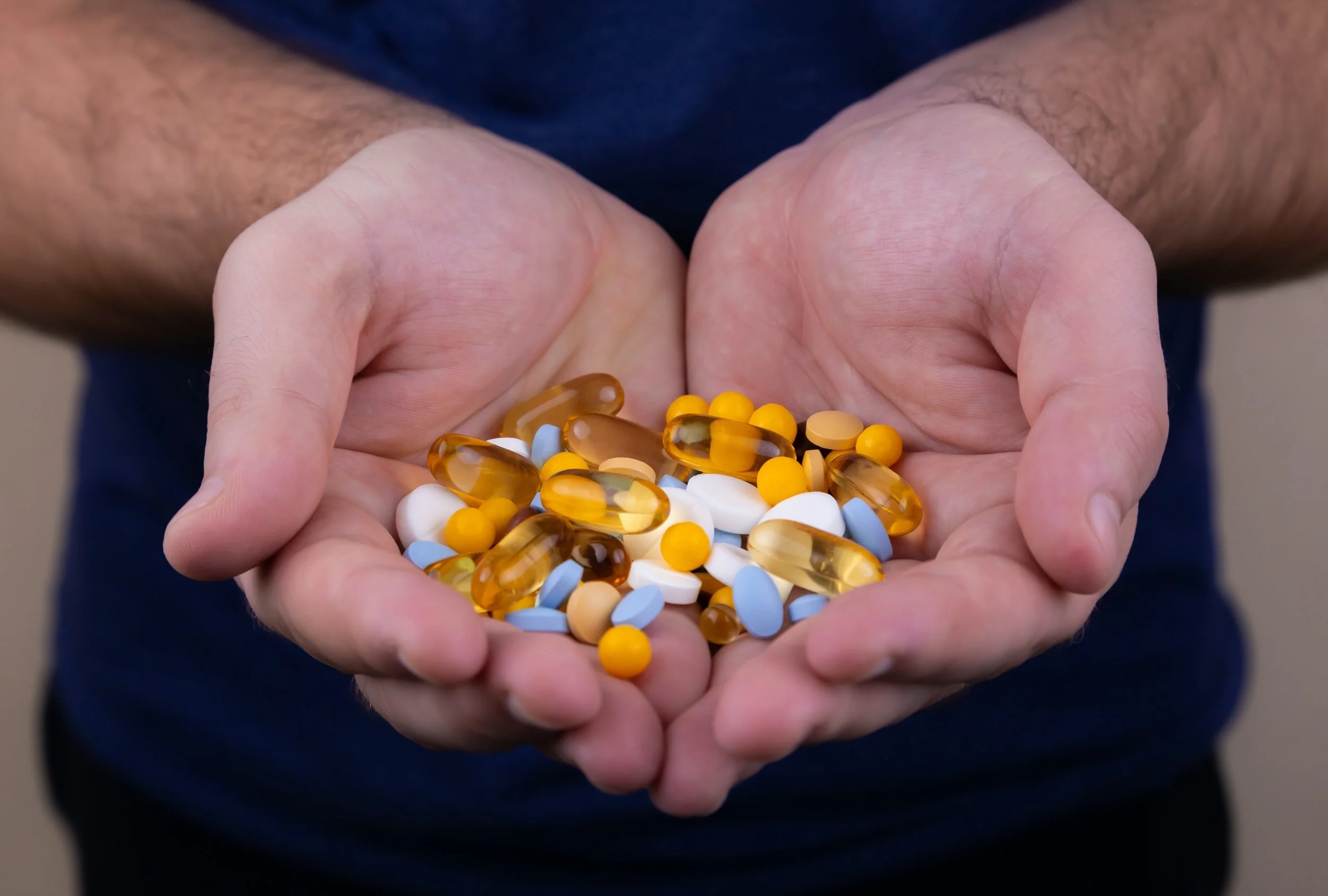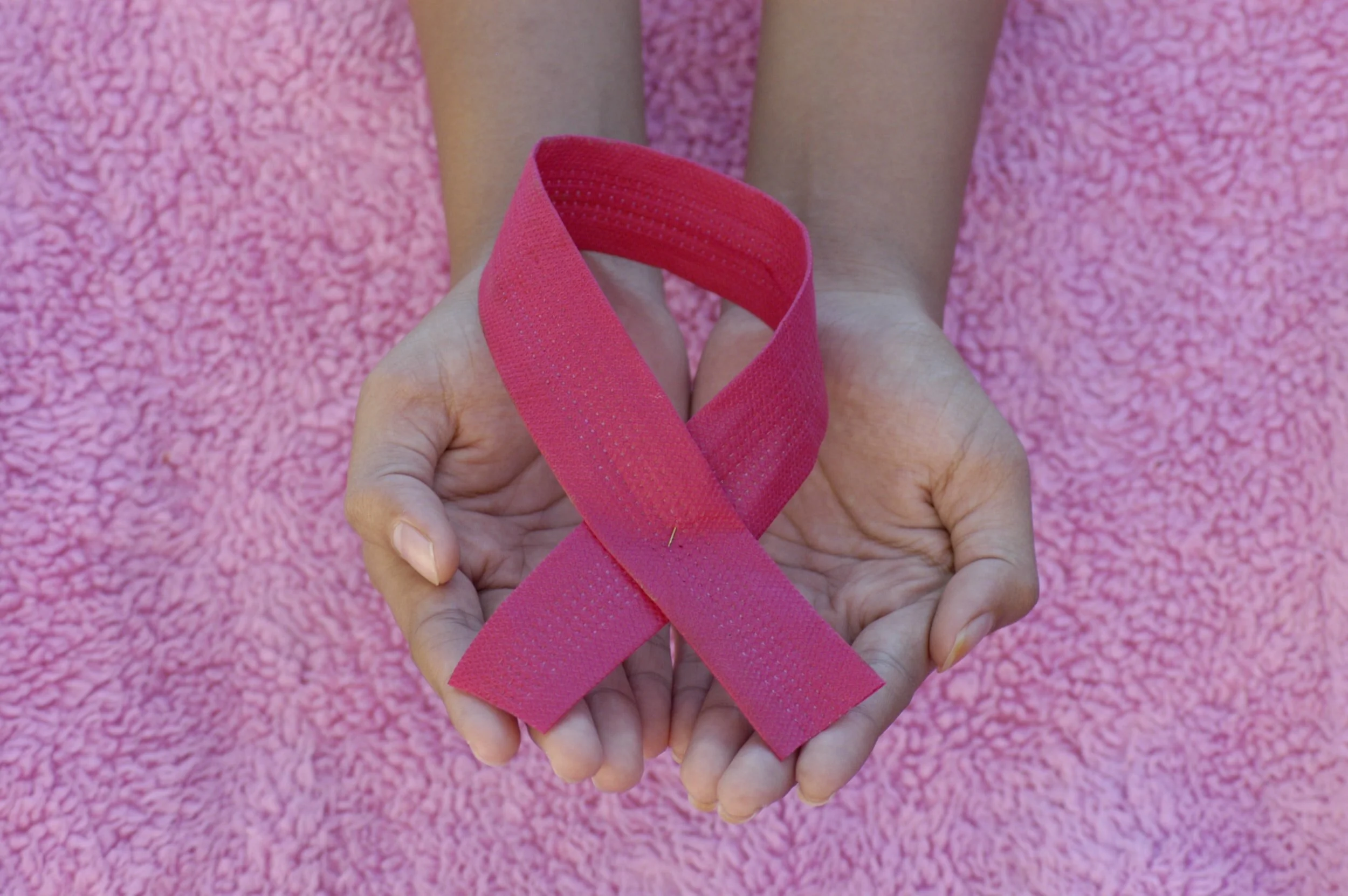All tagged Project Inspiration
Tomorrow (November 10) is World Science Day for Peace and Development, a day established by the United Nations to recognize the importance of science in society and the need to inform the public about the relevance of science in their lives and to engage them in discussions on emerging scientific issues. In honor of World Science Day for Peace and Development, we’d like to highlight the nominees and winners of the Best Sustainable Development Impact award in the 2022 iGEM Competition.
In 2012, George Church, Yuan Gao, and Sriram Kosuri published their work “Next Generation Digital Information Storage” in the journal Science. Using DNA's four-letter nucleotide code of A, G, T, and C to encode the 0s and 1s of a digitized file, they were the first to demonstrate that DNA could be used as a storage medium. Fast forward to today, and you’ll see numerous developments in reading and writing different forms of data on DNA to make DNA storage more efficient and cost effective.
Antibiotic resistance - the most impactful silent pandemic of the century. It's astonishing to see how iGEM teams worked on different aspects of the problem in 2021, with some teams focused on detection of antibiotic resistance, while other teams developed new emerging technologies to kill the bacteria.
Last year, with the support of the Frederick Gardner Cottrell Foundation, we launched a first-of-its-kind initiative that provided grants to help 2021 iGEM teams take their projects further than ever before. Based on last year’s success, we are excited to continue this program for the 2022 season! Here are some examples from last year’s recipients of the iGEM 2021 Team Impact Grant.
Accessibility is key to iGEM’s new purpose of making sure that the field of synthetic biology, and all of the power that this technology holds, gets developed everywhere by everyone. In this episode of iGEM TV, I interview two special guests – Annika Shi from China and Cibele Zolnier from Brazil – both of whom are part of the iGEM Community’s Open Science & Accessibility Network. Check out this interview where we discuss some of the outstanding iGEM projects from the 2021 Jamboree that focused on accessibility.
World TB Day is March 24, which marks the day in 1882 when Dr. Robert Koch announced his discovery of the bacterium that causes TB – Mycobacterium tuberculosis – opening the way towards diagnosing and curing this disease. Despite being preventable and treatable, TB is still one of the world’s deadliest infectious diseases, second only to COVID-19 in 2020. This year the theme of World TB Day is “Invest to End TB. Save Lives”, reflecting the urgency to invest resources to end the global TB epidemic by 2030.
This Friday – March 4 – is World Engineering Day for Sustainable Development, a United Nations’ international day for celebrating engineers and engineering. It’s a day to recognize the critical role of engineers in achieving the UN Sustainable Development Goals (SDGs) to ensure that everyone has access to clean water, sanitation, reliable energy, and other basic human needs. In honor of World Engineering Day for Sustainable Development, we’d like to highlight the accomplishments of iGEM teams in engineering biological solutions towards the UN’s Sustainable Development Goals.
Every year, hundreds of fascinating projects are developed by iGEMers to face the pressing challenges of our time and innovate for the future. I invite you to check out my interview with Maarten Lubbers as we discuss projects from the iGEM 2021 season that focus on biodiversity conservation. These are very different projects using very different approaches by iGEM teams from different continents around the globe.
Last year, we introduced the Inclusivity Award to recognize excellence among iGEM teams working to create a more inclusive and representative scientific community. This special award honors teams that have made exceptional and thoughtful efforts to eliminate the barriers that prevent underrepresented groups from contributing to, participating in, or being represented by scientific research.
Breast Cancer Awareness month is honored every October in countries around the world to increase awareness, early detection, treatment, and palliative care. Last year, 2.3 million women were diagnosed with breast cancer and 685,000 women died from this disease.
September is World Alzheimer’s Month, a time to raise awareness and challenge the stigma and misinformation that surrounds Alzheimer’s disease and other forms of dementia.
Tomorrow (August 12) is International Youth Day, a day designated by the United Nations to celebrate youth as active partners in the global society. This year’s theme “Transforming Food Systems: Youth Innovation for Human and Planetary Health” aims to highlight the meaningful participation of young people in transforming food systems – from the infrastructure needed for feeding a population, to nutrition related chronic disease and unsustainable farming practices.
World Hepatitis Day serves to raise awareness of the global burden of viral hepatitis, an infectious disease causing inflammation of the liver, leading to cirrhosis, liver cancer and death, that affects hundreds of millions of people worldwide. In honor of World Hepatitis Day, we’d like to highlight some of the iGEM teams that have focused on hepatitis through the years.
The United Nations has proclaimed 2021 – 2030 as the Decade of Ocean Science for Sustainable Development. This week, on June 8, many countries around the world joined the UN in celebrating World Oceans Day, a day for inspiring action to protect the oceans and sustainably use marine resources. In honor of World Oceans Day and this important decade, we’d like to highlight the accomplishments of iGEM teams using synthetic biology to restore, preserve and protect the oceans.
May 22 is the International Day for Biological Diversity. First observed by the UN General Assembly in 1993, this day recognizes that biodiversity is the foundation for several sustainable development challenges. In honor of this day, we’d like to highlight the accomplishments of some of the iGEM 2020 teams engineering biological solutions to restore and preserve biodiversity.
“iGEM is about local people solving local problems everywhere in the world, and we see that in the projects that iGEMers do. We see there were problems iGEMers saw that some venture person in Silicon Valley would never pay attention to, but for iGEMers, in their environment and in their world, those were important.”
Tomorrow is Earth Day. Observed on April 22 each year since 1970, Earth Day marks the birth of the modern environmental movement and is celebrated by over a billion people worldwide. Many important environmental events have taken place on Earth Day, including the signing of the Paris Agreement that established a framework to combat global climate change.
It’s been over a year since the World Health Organization officially declared that COVID-19 was a global pandemic. At that time, we were uncertain whether iGEM 2020 would even take place. Thanks to the dedication of the iGEM community and the resilience of the teams, iGEM 2020 became one of the most amazing seasons, bringing with it new approaches and technologies for making iGEM accessible to everyone, everywhere.
Access to clean, fresh water is a privilege many may take for granted. Yet, according to the United Nations, 2.2 billion people around the world lack access to safe water. World Water Day, held annually on March 22, is dedicated to raising awareness about the global water crisis and focusing attention on Sustainable Development Goal (SDG) 6: access to water and sanitation for all by 2030. In honor of this day, we’d like to highlight the accomplishments of iGEM teams tackling the global water crisis with synthetic biology.
March 4th is World Engineering Day for Sustainable Development. In honor of this day, we’d like to highlight the accomplishments of iGEM teams engineering biological solutions for global challenges as articulated in the United Nations Sustainable Development Goals (SDGs).




















